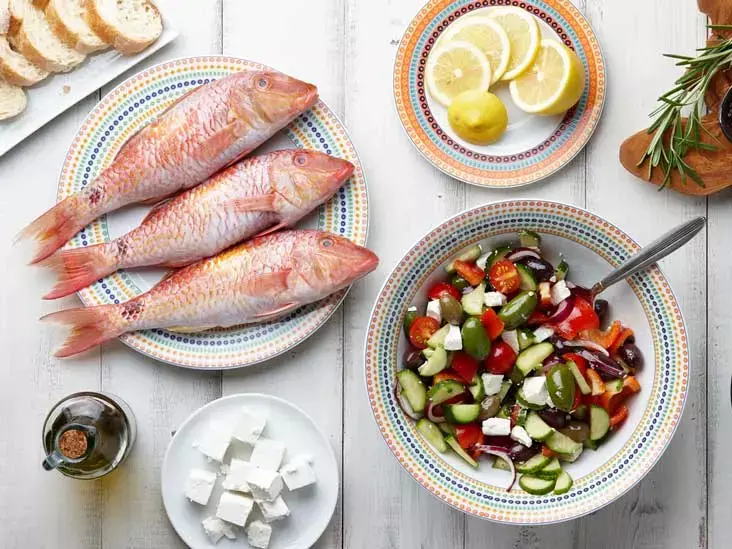- Home
- Medical news & Guidelines
- Anesthesiology
- Cardiology and CTVS
- Critical Care
- Dentistry
- Dermatology
- Diabetes and Endocrinology
- ENT
- Gastroenterology
- Medicine
- Nephrology
- Neurology
- Obstretics-Gynaecology
- Oncology
- Ophthalmology
- Orthopaedics
- Pediatrics-Neonatology
- Psychiatry
- Pulmonology
- Radiology
- Surgery
- Urology
- Laboratory Medicine
- Diet
- Nursing
- Paramedical
- Physiotherapy
- Health news
- Fact Check
- Bone Health Fact Check
- Brain Health Fact Check
- Cancer Related Fact Check
- Child Care Fact Check
- Dental and oral health fact check
- Diabetes and metabolic health fact check
- Diet and Nutrition Fact Check
- Eye and ENT Care Fact Check
- Fitness fact check
- Gut health fact check
- Heart health fact check
- Kidney health fact check
- Medical education fact check
- Men's health fact check
- Respiratory fact check
- Skin and hair care fact check
- Vaccine and Immunization fact check
- Women's health fact check
- AYUSH
- State News
- Andaman and Nicobar Islands
- Andhra Pradesh
- Arunachal Pradesh
- Assam
- Bihar
- Chandigarh
- Chattisgarh
- Dadra and Nagar Haveli
- Daman and Diu
- Delhi
- Goa
- Gujarat
- Haryana
- Himachal Pradesh
- Jammu & Kashmir
- Jharkhand
- Karnataka
- Kerala
- Ladakh
- Lakshadweep
- Madhya Pradesh
- Maharashtra
- Manipur
- Meghalaya
- Mizoram
- Nagaland
- Odisha
- Puducherry
- Punjab
- Rajasthan
- Sikkim
- Tamil Nadu
- Telangana
- Tripura
- Uttar Pradesh
- Uttrakhand
- West Bengal
- Medical Education
- Industry
Consumption of Green-Mediterranean diet reduces brain volume loss:Study

Consumption of Green-Mediterranean diet had reduced brain volume loss compared to participants on a standard Mediterranean diet or healthy diet, according to a recent study published in The American Journal of Clinical Nutrition.
The effect of diet on age-related brain atrophy is largely unproven. Researchers aimed to explore the effect of a Mediterranean diet (MED) higher in polyphenols and lower in red/processed meat (Green-MED diet) on age-related brain atrophy. This 18-mo clinical trial longitudinally measured brain structure volumes by MRI using hippocampal occupancy score (HOC) and lateral ventricle volume (LVV) expansion score as neurodegeneration markers. Abdominally obese/dyslipidemic participants were randomly assigned to follow 1) healthy dietary guidelines (HDG), 2) MED, or 3) Green-MED diet. All subjects received free gym memberships and physical activity guidance. Both MED groups consumed 28 g walnuts/d (+440 mg/d polyphenols). The Green-MED group consumed green tea (3–4 cups/d) and Mankai (Wolffia-globosa strain, 100 g frozen cubes/d) green shake (+800 mg/d polyphenols).
Results:
Among 284 participants (88% men; mean age: 51 y; BMI: 31.2 kg/m2; APOE‐ε4 genotype = 15.7%), 224 (79%) completed the trial with eligible whole-brain MRIs. The pallidum (−4.2%), third ventricle (+3.9%), and LVV (+2.2%) disclosed the largest volume changes. Compared with younger participants, atrophy was accelerated among those ≥50 y old (HOC change: −1.0% ± 1.4% compared with −0.06% ± 1.1%; 95% CI: 0.6%, 1.3%; P < 0.001; LVV change: 3.2% ± 4.5% compared with 1.3% ± 4.1%; 95% CI: −3.1%, −0.8%; P = 0.001). In subjects ≥ 50 y old, HOC decline and LVV expansion were attenuated in both MED groups, with the best outcomes among Green-MED diet participants, as compared with HDG (HOC: −0.8% ± 1.6% compared with −1.3% ± 1.4%; 95% CI: −1.5%, −0.02%; P = 0.042; LVV: 2.3% ± 4.7% compared with 4.3% ± 4.5%; 95% CI: 0.3%, 5.2%; P = 0.021). Similar patterns were observed among younger subjects. Improved insulin sensitivity over the trial was the parameter most strongly associated with brain atrophy attenuation (P < 0.05). Greater Mankai, green tea, and walnut intake and less red and processed meat were significantly and independently associated with reduced HOC decline (P < 0.05). Elevated urinary concentrations of the polyphenols urolithin-A (r = 0.24; P = 0.013) and tyrosol (r = 0.26; P = 0.007) were significantly associated with lower HOC decline.
Thus, a Green-MED (high-polyphenol) diet, rich in Mankai, green tea, and walnuts and low in red/processed meat, is potentially neuroprotective for age-related brain atrophy.
Reference:
The effect of a high-polyphenol Mediterranean diet (Green-MED) combined with physical activity on age-related brain atrophy: the Dietary Intervention Randomized Controlled Trial Polyphenols Unprocessed Study (DIRECT PLUS) by Alon Kaplan, et al. published in The American Journal of Clinical Nutrition
https://doi.org/10.1093/ajcn/nqac001
Keywords:
The American Journal of Clinical Nutrition, Alon Kaplan, Hila Zelicha, Anat Yaskolka Meir, Ehud Rinott, Gal Tsaban, Gidon Levakov, Ofer Prager, Moti Salti, Yoram Yovell, Jonathan Ofer, Sebastian Huhn, Frauke Beyer, Veronica Witte, Arno Villringer, Nachshon Meiran, Tamar B Emesh, Peter Kovacs, Martin von Bergen, Uta Ceglarek, Matthias Blüher, Michael Stumvoll, Frank B Hu, Meir J Stampfer, Alon Friedman, Ilan Shelef, Galia Avidan, Iris Shai, effect, high-polyphenol, Mediterranean diet, (Green-MED), combined, physical activity, age-related, brain, atrophy, polyphenols, dietary intervention, Green Mediterranean diet, aging, age-related atrophy, neurodegeneration, hippocampal occupancy score
Dr. Shravani Dali has completed her BDS from Pravara institute of medical sciences, loni. Following which she extensively worked in the healthcare sector for 2+ years. She has been actively involved in writing blogs in field of health and wellness. Currently she is pursuing her Masters of public health-health administration from Tata institute of social sciences. She can be contacted at editorial@medicaldialogues.in.
Dr Kamal Kant Kohli-MBBS, DTCD- a chest specialist with more than 30 years of practice and a flair for writing clinical articles, Dr Kamal Kant Kohli joined Medical Dialogues as a Chief Editor of Medical News. Besides writing articles, as an editor, he proofreads and verifies all the medical content published on Medical Dialogues including those coming from journals, studies,medical conferences,guidelines etc. Email: drkohli@medicaldialogues.in. Contact no. 011-43720751


